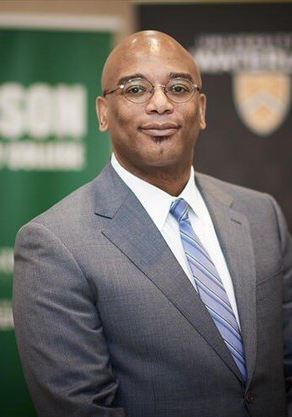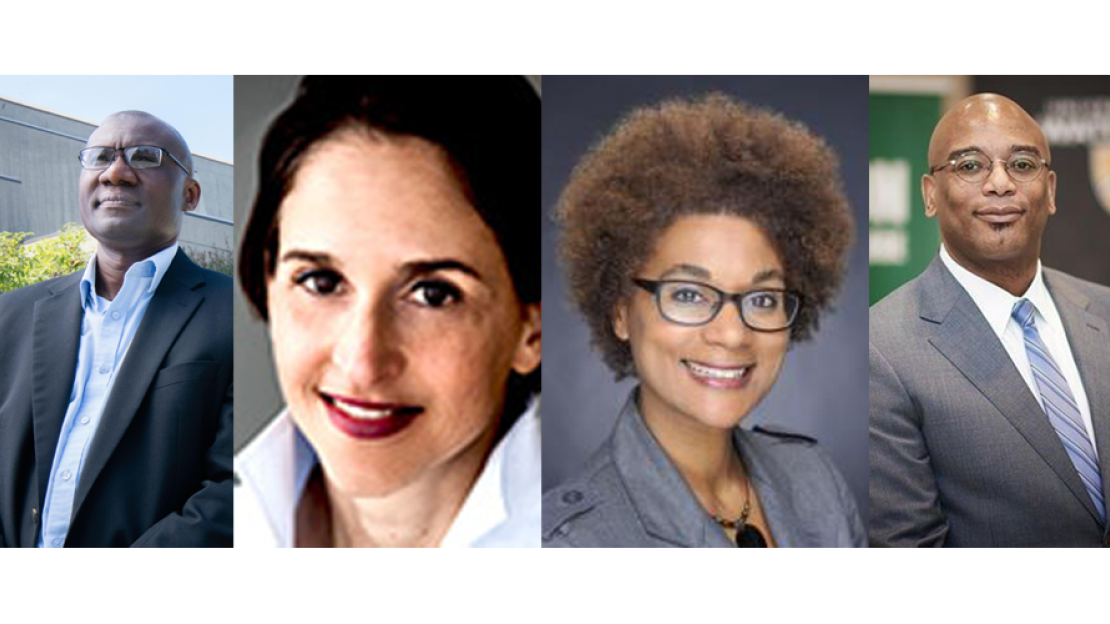More than 3,000 members of the higher education community, and close to 60 partner institutions across Canada, came together for the first of the National Dialogues and Action for Inclusive Higher Education and Communities. During the two days of conversation, the message that emerged was clear: the time to act on anti-Black racism and to promote Black inclusion is now.
Committing to a national plan of action that will be reflected in a document called the Scarborough National Charter on Anti-Black Racism and Black Inclusion in Canadian Higher Education: Principles, Commitments and Actions, participants agreed on the need for a unified approach to fighting structural racism.
Wisdom Tettey, vice-president, University of Toronto, and principal of U of T Scarborough, says that a charter is a way to bring together the entire sector and ensure commitment to action and being accountable for those actions.
“We need to work towards our goal in a comprehensive and coordinated manner,” Tettey says. “We can’t just do it in exclusive pockets, or we won’t see real change.”
Tettey says he is confident that a draft of the charter will be ready to share with the higher education community by the end of 2020, which will provide a framework of principles, actions and accountabilities to guide initiatives that confront anti-Black racism and advance Black inclusion.
But that doesn’t mean there isn’t room to act immediately. “We should all move ahead with bold initiatives at an institutional level,” Tettey says. “the conversations we had during the two days provided us with a huge resource of ideas for how we can go about things.”
At the wrap-up plenary session, speakers echoed the need for changes to begin immediately.
“Obviously we need medium and long term (goals), but often we hide behind the idea that it’s not the right time or that we don’t have the resources,” said Kofi Campbell, Vice-President, Academic, and Dean of Renison University College in Waterloo, Ontario. “There’s a reason we’re having this conversation right now. It is because public opinion is on our side.”

For Marie-Claude Rigaud, Associate Secretary General at the University of Montreal, developing the national charter must set specific commitments and accountability for its signatories.
“As universities and colleges, I believe we are best positioned to create bridges towards all levels of education and to lead change,” she said. “As a community within a broader community we have the power and responsibility not only to inspire but to lead this change.”
Rigaud added that now is not a time to be timid. “Many (participants) voiced the hope that the charter would be a flexible and dynamic instrument, but more importantly a courageous one, one that will dare to be ambitious, with built-in accountability mechanisms.”
Accountability requires measurement, and Maydianne Andrade Vice-Dean, Faculty Affairs, Equity & Success for U of T Scarborough, says it is essential to become better at gathering the right information so we can understand the problem and measure whether initiatives are working.
“To understand whether we are making progress, we need the data, and we need to use the data to build targets,” she said. “What is our expectation if we have an institution that is not racist?”
“We have to change from structures that centre normative expectations of the student citizens that leave our walls,” Andrade added. “They shape the institutions while they are here and more than that when they leave our walls, they shape societies.”
Tettey says that while concrete actions are necessary to see real changes in our institutions and society, he is grateful for the conversations and discussions at the forum, as they helped people understand the gravity of the situation.
“I think it was enriching for everyone,” he says. “Many people told me how much they learned just from hearing the lived experiences, and the holistic nature of the problem.”
During his opening remarks, Tettey spoke of the power of language, and that when we refer to groups that have been marginalized as “equity seeking,” we are implying that there is another group that is conferring equity upon them. Tettey has advanced the term “equity deserving” as a more suitable term, because no group should have to seek equity when it is a fundamental human right.
You can learn more and watch recordings of the plenary sessions at the National Dialogues and Action for Inclusive Higher Education and Communities website.
